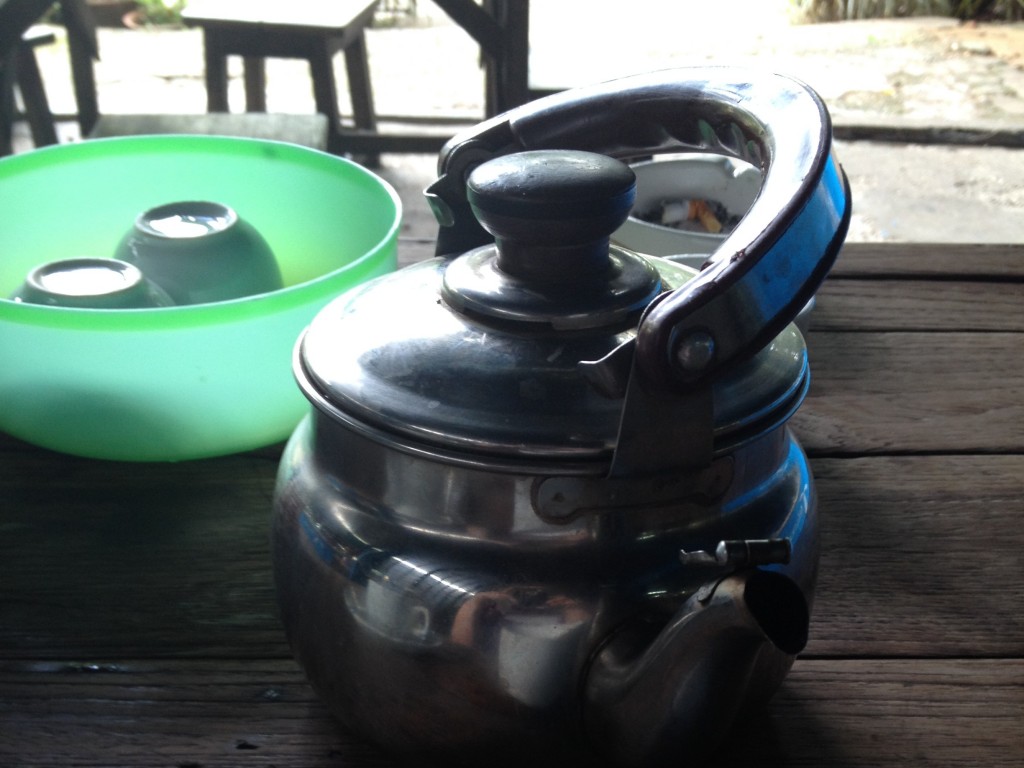On the Unexpected and Unplanned
Author: K. Roberts, PhD Candidate York University
Conducting research in hard to reach locations and conducting research when not from those locations presents its own challenges. All hail that advent of preliminary research and collaborations! As a North American working in the uplands of Southeast Asia, I could not have moved forward without the privilege of spending nearly my entire summer in the region. While there are tales to be told of high deforestation rates, illegal logging, land concessions for plantations, and active civil society, those, for now, are other people’s to tell.
Instead I present a story on the importance of networks and relationships: the everyday process of talking, listening, brainstorming and reflecting. I set out this summer to investigate the key issues and concerns surrounding forest governance in the uplands of Southeast Asia and the key players. Like a good researcher, I looked up institutes, prearranged meetings, and set out a schedule. Yet, the irony of planning deemed that the most fruitful and promising collaborations came from the unplanned and unexpected. In the unexpected I now have multiple collaborators, sharing resources and skills across borders, languages, and barriers. As an overtly situated outsider, it is only with people who understand the landscape – political and geophysical – who know how to ask, who to ask, where to ask, and what to ask, that my research project gains validity.

As researchers, I think we can be an egotistical lot, our research revolving around us and us around it. In an effort to get out of my own way, these collaborations are vital. Now try to follow this web of connections: a research assistant, met through a university friend, is now attending a participatory research workshop run by a colleague, whose organization, my assistant’s home organization is going to start to partner with. This is the stuff research is made of, the unplanned and unexpected collaborations that begin to take on lives of their own.

The shiny papers, the neat and tidy conference presentations, mask this chaotic, unpredictable, and fruitful side to research. So before I have those shiny papers to present I want to highlight the importance of the tea shop conversations, the chance meetings through a friend of a friend, the five minute illuminating conversations while at a conference, and the willingness to change course and get out of your own way. I cannot yet say if my research will be a ‘success’ in the conventional sense of the word. I cannot yet say what will be learned, understood, uncovered. All I can say is that through seizing opportunities and being willing to not understand, my project has the best chance of becoming something.
Kim Roberts

